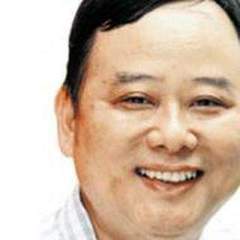How top decisions are made in the CCP's 'meeting-based' governance model
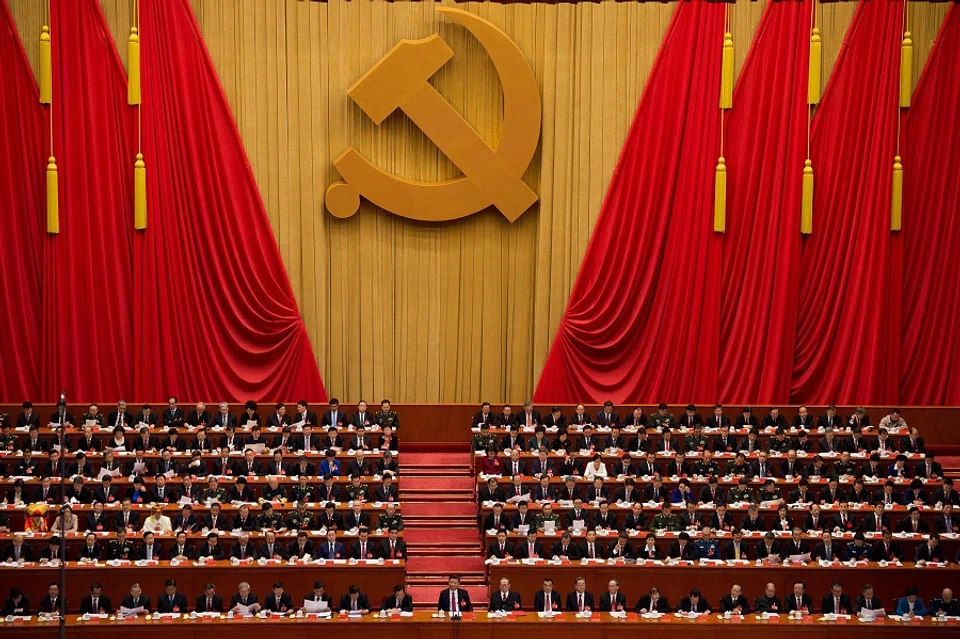
There was a popular proverb during the Chinese Civil War period: "The Communist Party of China (CPC) holds many meetings while the Kuomintang implements high taxes." In the end, the meeting-heavy CPC defeated the KMT that imposed high taxes and established the People's Republic of China (PRC).
Following the establishment of the PRC, the CPC continued the tradition of holding regular meetings and gradually formed a governance model centred on the Party Congress and supplemented by the plenary sessions of the CPC's Central Committee. After reform and opening up, this type of "meeting-based" governance model became standardised and institutionalised, with one Party Congress held every five years, supported by seven plenary sessions in that time frame.
Top leader with final say
The constitution of the CPC stipulates that the Party Congress and the Central Committee elected by the Party Congress are the "highest leading bodies of the Party". The Party Congress "shall be held once every five years", and in between sessions, the Central Committee "shall carry out its resolutions, and direct all Party work".
Meanwhile, the Political Bureau and its Standing Committee "shall exercise the functions and powers of the Central Committee" in the interim between plenary sessions of the Central Committee.
... the decision-making power of the top leader has become indisputable after the CPC's "core" was restored following the 18th Party Congress, and amid the political environment that emphasises the "Two Upholds" and "Two Establishes".
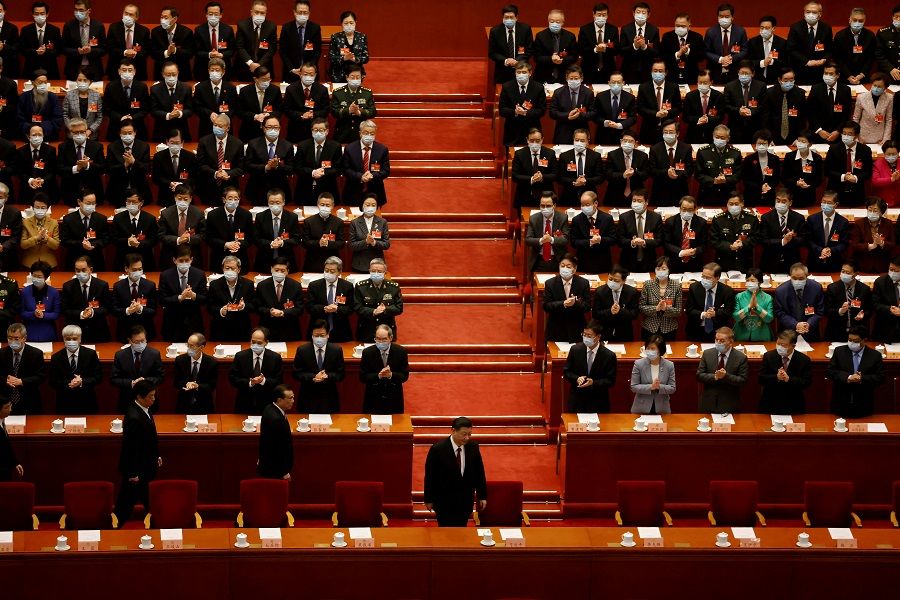
Based on these regulations, the CPC's power structure is a pyramid shape, whereby the Party Congress held every five years makes up the base, the Central Committee's plenary sessions held almost annually represent the next level, followed by the Politburo's monthly meetings, and then the frequent meetings of the Politburo Standing Committee. When all these meetings are not in session, the country's top leader who is concurrently the general secretary of the CPC, the country's president, and the chair of the Central Military Commission (CMC) has the most decision-making power.
Needless to say, the top leader also has the final say in every meeting. In particular, the decision-making power of the top leader has become indisputable after the CPC's "core" was restored following the 18th Party Congress, and amid the political environment that emphasises the "Two Upholds" and "Two Establishes".
... the top leadership has to ensure the smooth commencement of the Party Congress and various plenary sessions before they can unify the party in ideology and politics.
But that does not mean that the roles of the CPC's Party Congress and the Central Committee's plenary sessions are weakened. While the CPC restored its "leadership core" after the 18th Party Congress, there has also been a focus on the rule of law and rule-based party governance.
In other words, the will of the top leader can only represent the will of the party if it is passed by the Party Congress and plenary sessions of the Central Committee in accordance with the CPC's constitution - the top leadership has to ensure the smooth commencement of the Party Congress and various plenary sessions before they can unify the party in ideology and politics.
19th Party Congress meetings
The outside world can gain a basic overview of the CPC Central Committee's "meeting-based" governance model through the 19th CPC Central Committee, which held its seventh - and final - plenary session in Beijing on 9 October.
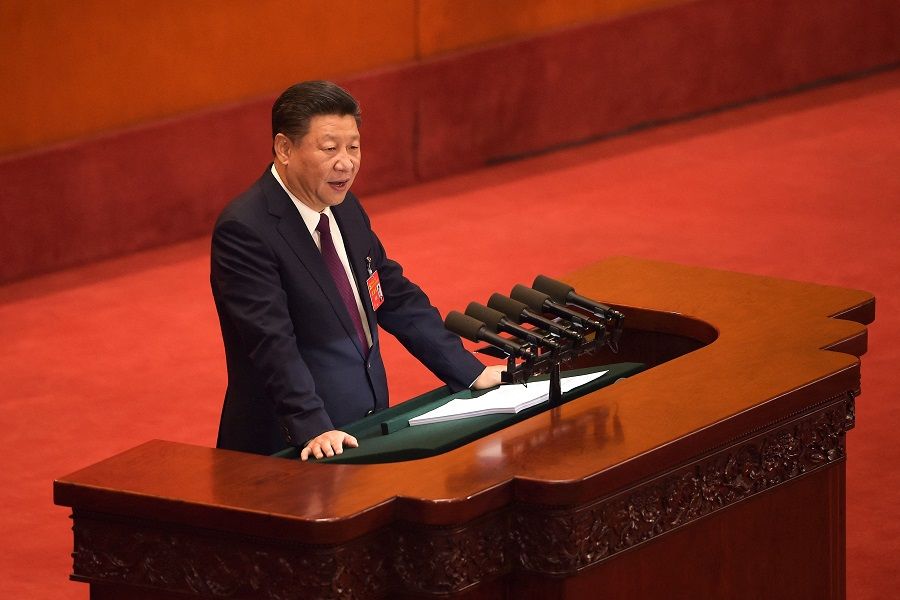
On 24 October 2017, the CPC's 19th Party Congress closed after electing the 19th Central Committee, which then held its first plenary session the next day to elect the party's general secretary and members of the Politburo and its Standing Committee. Based on the nomination of the Politburo Standing Committee, members of the Secretariat of the CPC Central Committee were endorsed, and members of the CMC were also selected. The session also approved the election of the secretary, deputy secretaries and members of the Standing Committee of the 19th Central Commission for Discipline Inspection (CCDI).
The second plenary session of the 19th CPC Central Committee opened in January 2018, whereby recommendations on amending the constitution, including removing the president's two-term limit, were approved and passed at the National People's Congress (NPC) in March that year.
In summary, the first plenary session approved senior leadership appointments, the second amended the constitution, and the third selected candidates for the leadership of the NPC, State Council and CPPCC.
During the third plenary session of the 19th CPC Central Committee in February 2018, a list of proposed candidates for state leadership was adopted. The Politburo recommended the candidates to the first session of the 13th NPC, as well as the candidates for the National Committee of the Chinese People's Political Consultative Conference (CPPCC) to the 13th CPPCC National Committee.
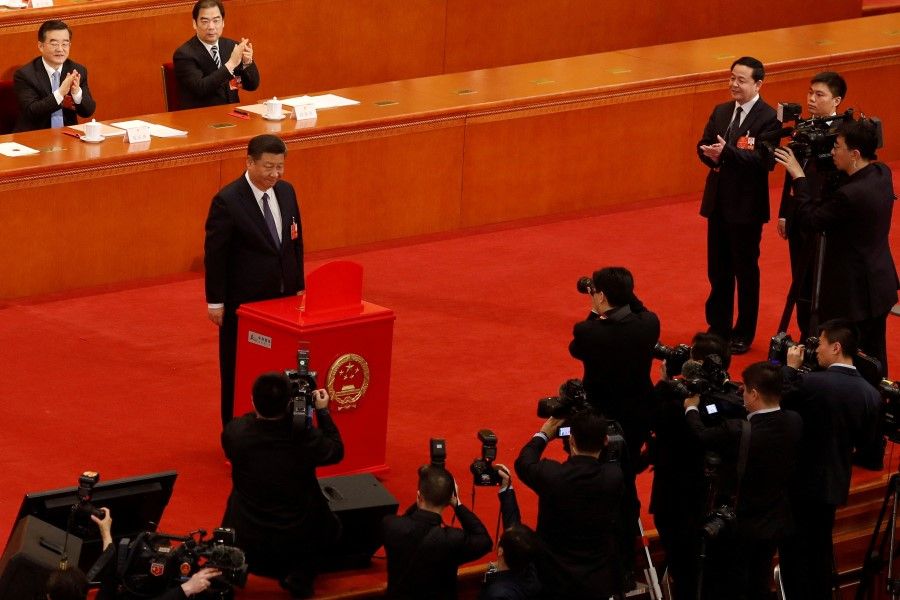
In summary, the first plenary session approved senior leadership appointments, the second amended the constitution, and the third selected candidates for the leadership of the NPC, State Council and CPPCC.
Notably, the second plenary session in January 2018 discussed the amendments to the constitution, in contrast with the second plenary sessions of past CPC central committees that decided on the candidates for the leadership of the NPC, State Council and CPPCC. Instead, the leadership candidates were only decided at the third session a month later. The amendment to the presidential term was possibly deemed critical and had to be agreed upon by the entire party in advance.
20th Party Congress may follow the standard
If there are no major changes to the constitution after the 20th Party Congress, the 20th Central Committee is expected to follow standard procedure and approve the candidates for the senior leadership positions at the first plenary session of the 20th CPC Central Committee the day after the close of the 20th Party Congress, approve the candidates for the leadership of the NPC, State Council and CPPCC at the second plenary session in February next year, and hold the third plenary session in the second half of next year.
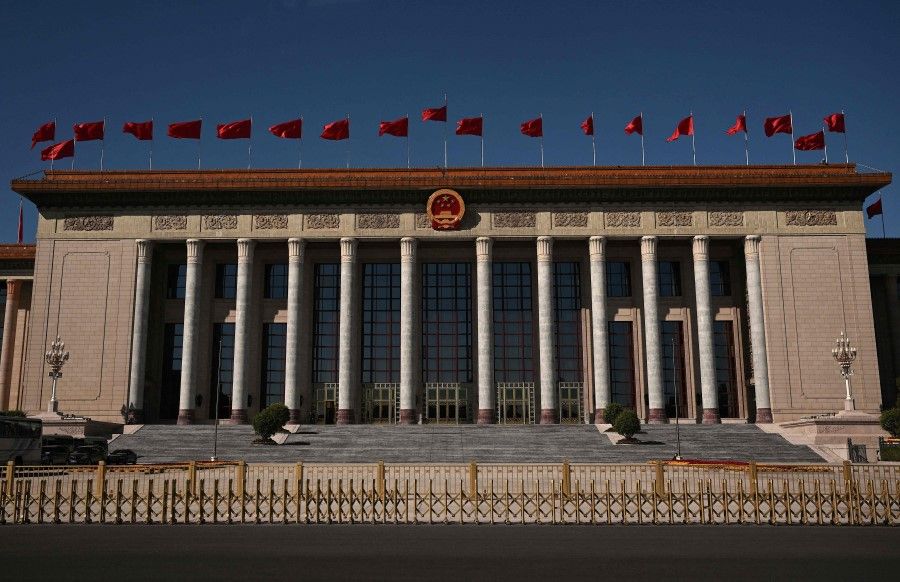
The fourth plenary session of the 19th CPC Central Committee held in October 2019 passed the decision on upholding and improving socialism with Chinese characteristics and modernising the governance system and capacity. Meanwhile, the fifth plenary session of the 19th CPC Central Committee held in October 2020 passed the recommendations for the 14th Five-year Plan for China's economic and social development and long-range goals through 2035.
The sixth plenary session of the 19th CPC Central Committee held in November 2021 passed a resolution on the major achievements and historical experience of the CPC over the past century. The resolution established Xi Jinping as the core of the party, guided by Xi Jinping Thought on Socialism with Chinese Characteristics for a New Era (the "Two Establishes"), which had a "decisive impact on the development of the party and country in a new era, and the great revival of the Chinese people".
The ongoing seventh plenary session of the 19th CPC Central Committee will mainly approve the report that Xi will present to the 20th Party Congress on behalf of the 19th Central Committee, changes to the party constitution, and a report by the CCDI. The close of the plenary session will mark the end of the five-year term for the 19th Central Committee.
For Lianhe Zaobao's special reports on the 20th Party Congress, click here.
Related: Countdown to 20th Party Congress: Xi Jinping in command as China's party leadership takes shape | Prelude to CPC's 20th Party Congress in 2022: Seven new provincial party secretaries appointed | CCP raises the bar for officials' performance ahead of 20th Party Congress | China to prioritise economic stability ahead of CCP 20th Party Congress | Autumn succession: The main plot line of the 20th Party Congress | Will the CCP's 20th Party Congress be the dullest in decades? | CCP removes political factions and corrupt officials ahead of 20th Party Congress
